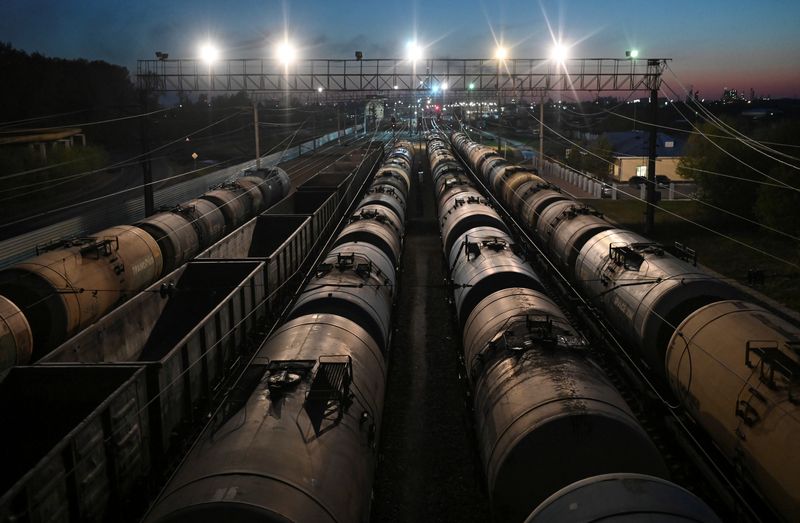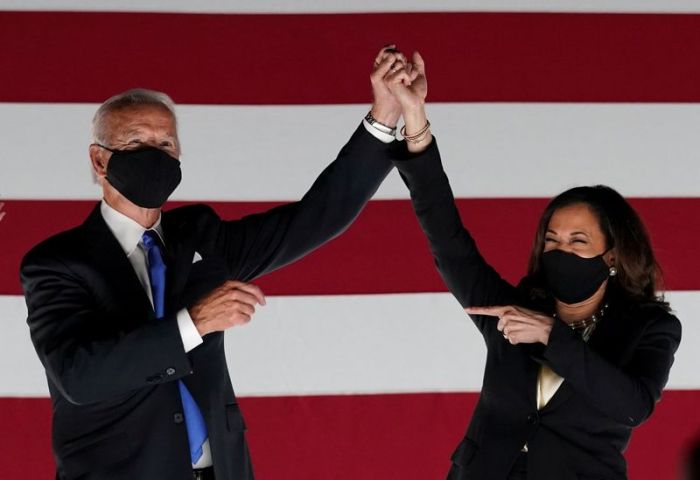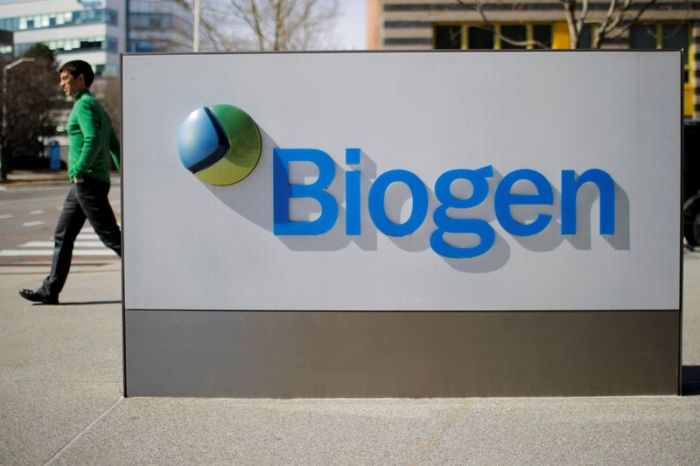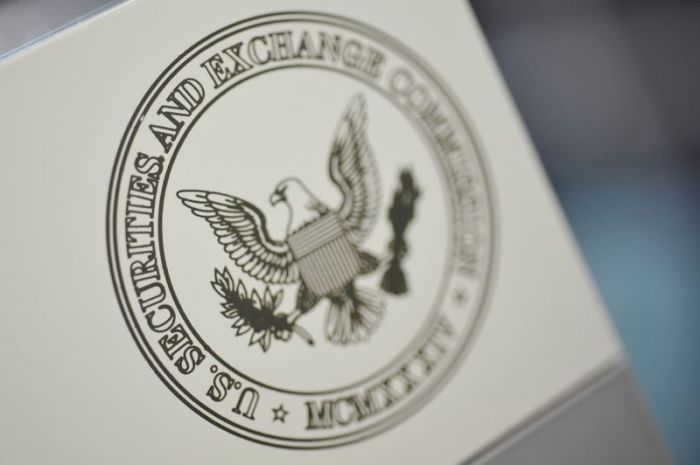By Jessica Resnick-Ault
NEW YORK (Reuters) -Oil prices edged up slightly on Friday but traded in a tight range, and briefly dipped on demand worries due to coronavirus variants and slow vaccine rollouts, which offset a bullish sentiment due to a cut in Saudi Arabian oil supply and falling U.S. oil inventories.
“The vaccine numbers are just not there,” said Bob Yawger, director of energy futures at Mizuho in New York. Additionally, he said a U.S. economic stimulus package may not come quickly enough to support the market.
Earlier, U.S. President Joe Biden urged congress to take swift action on a $1.9 trillion COVID-19 relief proposal.
“There is no time for any delays,” Biden said. “It could take a year longer to return to full employment if we don’t act and don’t act now.”
Global benchmark Brent crude futures for March rose 44 cents, or 0.8%, to $55.97 a barrel by 12:13 EST (16:13 GMT).
The Brent March contract expires on Friday. The more active April contract was up 25 cents, or 0.4%, at $55.35.
U.S. West Texas Intermediate (WTI) crude futures rose 7 cents, or 0.1%, to $52.36.
Both front month Brent and WTI were on track to post a weekly gain of less than 1%.
A Reuters poll showed oil prices are expected to hover around current levels for much of 2021 before a recovery gains traction towards year end.
“Restrictions on the demand side because of lockdowns are countered by a sufficient reduction in supply … preventing prices from falling or rising to any significant extent,” said Commerzbank analyst Carsten Fritsch.
Saudi Arabia is set to cut output by 1 million barrels per day (bpd) in February and March. Compliance with output curbs by the Organization of the Petroleum Exporting Countries and allies, together known as OPEC+, improved in January.
OPEC oil output rose in January, a Reuters survey found, after OPEC+ agreed to an easing of supply curbs.
However, the rise was less than the amount agreed under the deal, with an involuntary drop in Nigerian exports limiting the increase.
A 9.9 million barrel drawdown in U.S. oil inventories last week and forecasts for a small drop in U.S. oil production in February provided price support. [EIA/S]
But Stephen Brennock of broker PVM said the market remains focused on the vaccine rollout:
“Any loss of momentum in vaccination programmes will undermine the strength of the global oil demand recovery.”
(Reporting by Jessica Resnick-Ault in New YorkAdditional reporting by Bozorgmehr Sharafedin in London, Roslan Khasawneh in Singapore and Sonali Paul in MelbourneEditing by David Goodman, Louise Heavens and David Gregorio)



















